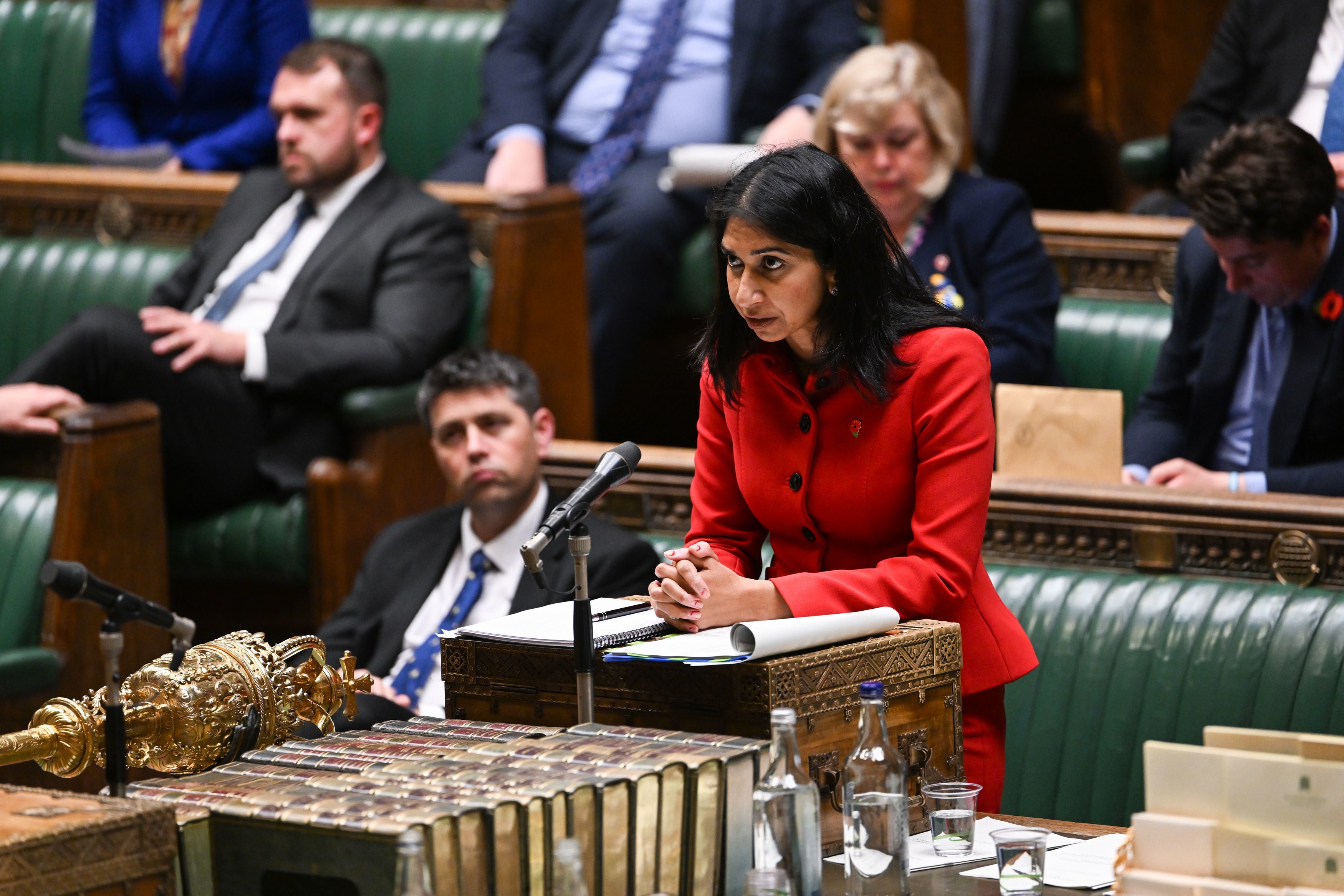The government has a ‘code word’ it keeps using. But does it know what it means?
Compassionate governance means working alongside those we seek to serve, not dictating policies from the centre, writes Debbie Abrahams


Everyone, it seems, is talking about it. In recent weeks the prime minister, Rishi Sunak, his chancellor, Jeremy Hunt, and Ministers including Michael Gove, have all mentioned the need for “compassion” in politics and an era of “compassionate Conservatism”.
As Co-Chair of the All-Party Group for Compassionate Politics, this is, of course, something I welcome. But I do so cautiously. Compassionate conservatism is not new. As a political ideology it emanated from 1970s America and later developed some traction under President George W Bush.
Critics have, however, suggested that whilst sounding good, without a programme to deliver a compassionate agenda, it’s nothing but empty rhetoric. These warm words need to be accompanied by a genuine commitment to transformative change in both the practice of politics and the policies that it produces.
Because compassion demands nothing less. The accepted definition amongst compassion researchers, trainers, and therapists is that compassion involves an awareness of suffering with a commitment to alleviate and prevent it. To govern effectively through compassion will therefore require a willingness to engage with and understand suffering and courageous action to address its symptoms and uproot its causes.
In very immediate terms, a compassionate government would take steps to help ordinary people weather our current economic storm. Failure, for example, to uprate benefits in line with inflation could lead to half a million more people being pushed into poverty. That wouldn’t satisfy anyone’s definition of compassion.
A compassionate government would also take action to support those who are most badly affected by the current cost of living crisis – disabled people, older people and children – and who have been suffering from previous crises in recent years.
As a Labour politician, I would argue that the state has a key role to play in delivering a compassionate society; I don’t believe the market has all the answers and that our country’s wealth will reach those who need it. In fact, there’s a massive evidence-base saying that “trickle-down” economics doesn’t work.
A compassionate approach to funding the support needed for those in vulnerable circumstances would therefore be led by the desire to address the fundamental imbalances in our economy – one where the richest 1 per cent of individuals pay 12.5 per cent of their income in tax, compared with the 50 per cent lowest earners who pay 25.5 per cent of their income in tax.
Similarly, the tax from corporations has flatlined over the last 12 years to about 2 per cent of GDP despite, for example, energy companies like BP reporting its highest quarterly profit for 14 years.
Their figures are eclipsed by Shell, who delivered second quarter profits of over £9bn. An extended windfall tax on energy companies coupled with the backdating of the profits it applies to would deliver the finances we need to ensure everyone receives the support they need.
Compassion also recognises our common humanity. A compassionate immigration system, one which upholds the rule of law, would abide by our obligations under the UN Refugee Convention and work with the international community to address the main causes of forced displacement: war and persecution. It wouldn’t use the appalling human suffering of migrants as a political opportunity to sow hate and division. It would instead ensure safe routes to apply for refuge, timely responses to asylum applications, and decent accommodation for people fleeing for their lives.
And looking to the long-term and the structural changes that are needed, I believe we have to set course for a very different economic model – one that prioritises not just growth, but the wellbeing of all. We need to (finally) introduce into law a duty to ensure that the public have access to the essential ingredients for a secure and healthy life: food, housing, and a decent income.
The UK has recognised that these rights matter by signing up to the UN Covenant on Economic, Cultural, and Social Rights but never introduced them into domestic law. This – as a host of charities recently argued – is an oversight that must be addressed if we are to pivot our economy (and the businesses, public services, and communities that comprise it) toward the common good.
To keep up to speed with all the latest opinions and comment sign up to our free weekly Voices Dispatches newsletter by clicking here
All of this must go hand-in-hand with an effort to reform the culture of our politics. Good policies can only come from good politics and if our government is truly committed to a compassionate future it will create the right environment for such a future to grow and prosper.
That has to start with the conduct of those in high office. We need to put the ministerial code on a statutory footing so that it can be properly enforced, empower the ethics advisor to launch independent investigations into ministerial conduct, and strengthen the rules to prevent politicians from willfully lying to the public.
We also need to look at how we can reconnect politicians to the people they serve by divesting power away from Westminster and establishing citizen and constituency assemblies. Compassionate governance means working alongside those we seek to serve, not dictating policies from the centre.
If the government is serious about a compassionate future – and I truly hope they are – these are just some of the policies, and changes to our political system, I’d like to see them champion and endorse. My colleagues and I in the APPG are here ready and waiting to work with them so that we can truly transform our politics and improve lives.
Debbie Abrahams is the Labour MP for Oldham East and Saddleworth






Join our commenting forum
Join thought-provoking conversations, follow other Independent readers and see their replies
Comments